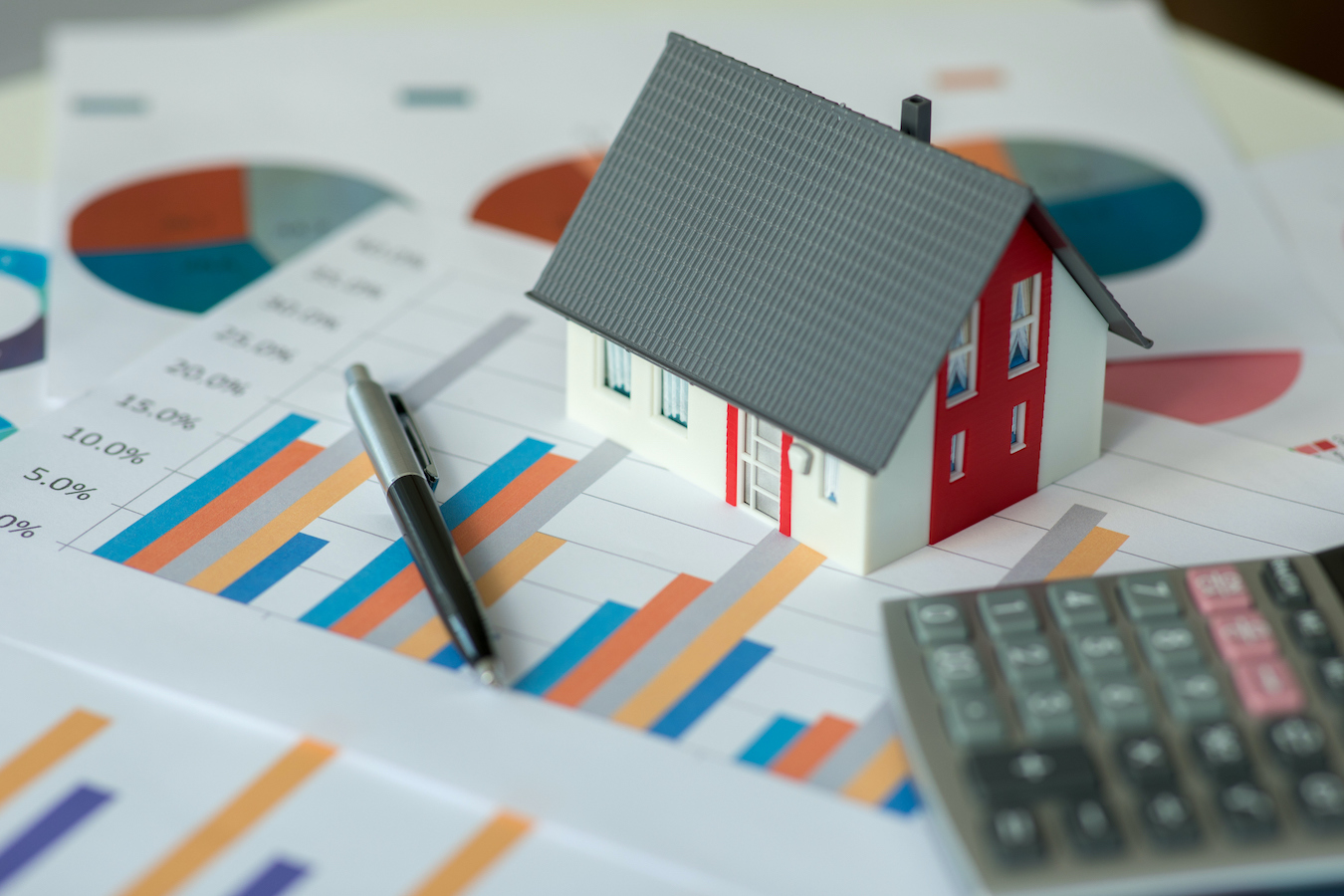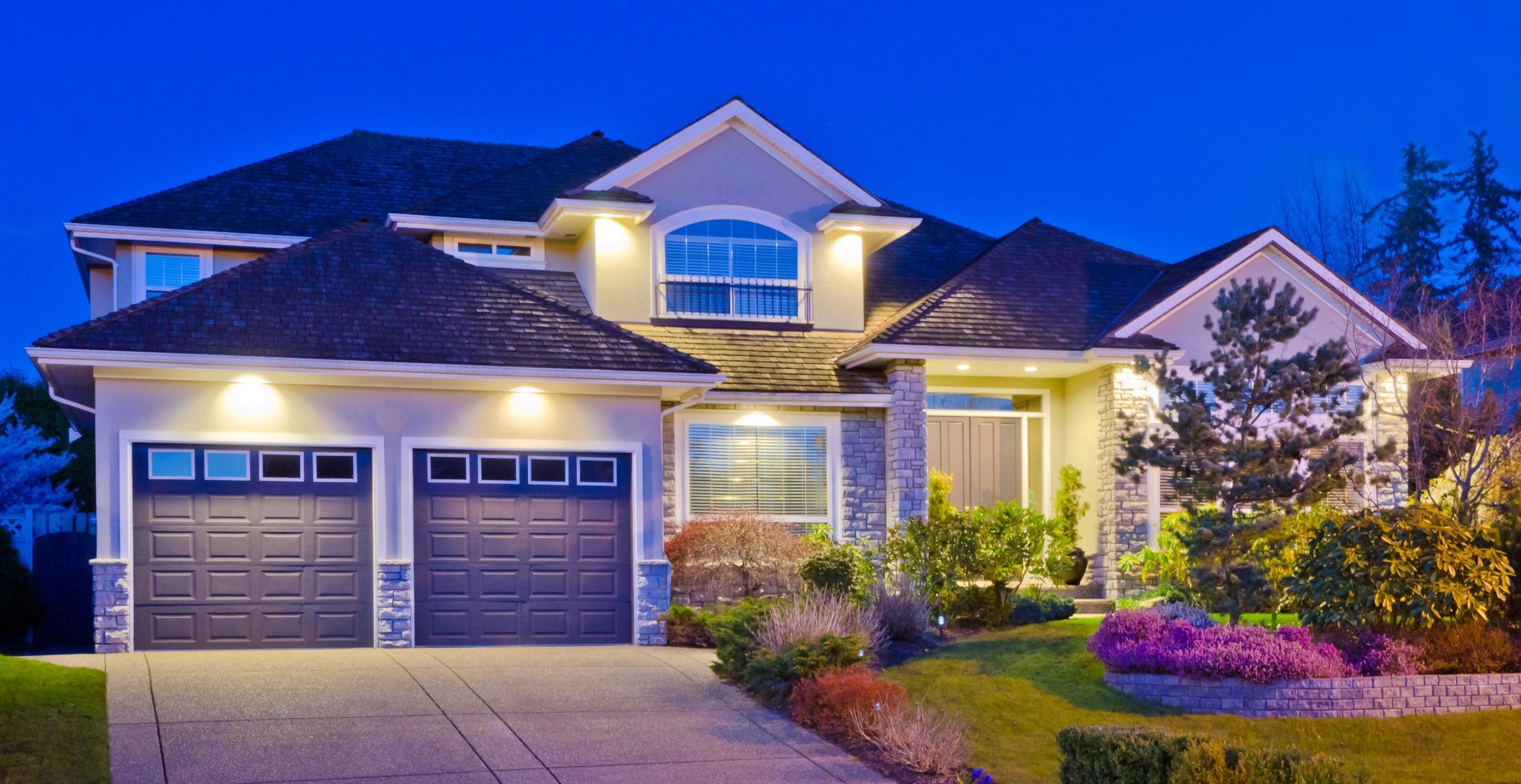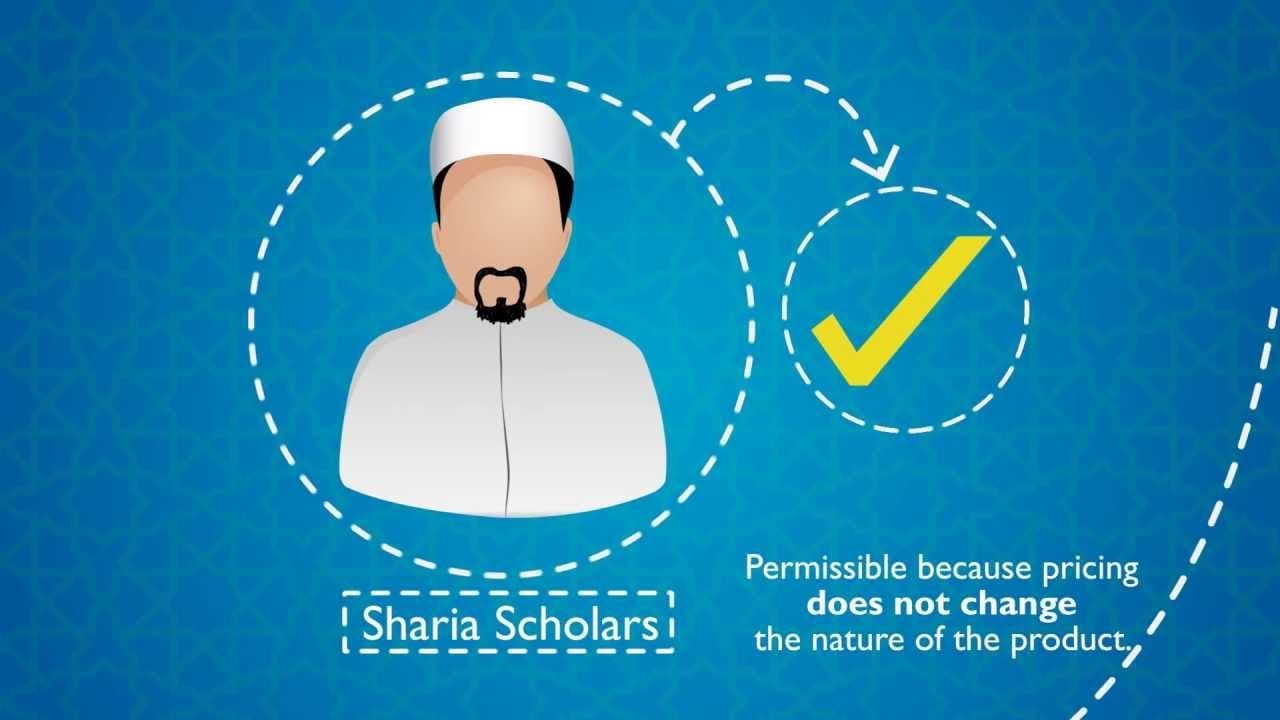Renting vs. Buying a House: Advantages & Disadvantages

For many people, buying a home is the ultimate dream. You may have been browsing Zillow, attending open houses, and toying with ideas of homeownership.
While there are definitely downsides that come with renting, buying a home is a major decision — and it’s probably the biggest financial decision you’ll ever make. Before you take on that responsibility, it’s important to make sure that you’re truly ready for that commitment.
Are You Ready to Be a Homeowner?
Homeownership comes with a myriad of additional responsibilities and long-term commitments.
The financial responsibilities alone include expenses like home maintenance, property taxes, homeowners insurance, and repairs.
Buying a home also means you’re planning to stay in a location with some permanence, and accepting a new job in a different state or even traveling and going abroad for a year becomes significantly more complicated when you’re a homeowner.
The sheer time commitment of home maintenance chores, like painting, yard work, and basic DIY-friendly repairs can quickly eat into your free time, too.
If you’re thinking about buying your first home, carefully consider not only your current lifestyle and financial situation but also where your life is likely to take you in five years. If you’re not yet sure that you want to stay in your location long-term, then buying a house could leave you feeling tied down and restricted. If your finances fluctuate and you’re still working to build up savings and overall financial stability, buying a home and paying for the related expenses may be highly stressful.
You’ll need to evaluate your life and your goals to determine if you are ready to be a homeowner, or if renting is a better option.
Is This the Right Time to Buy a House?
Even if you decide that you’re ready to be a homeowner, timing is a consideration. Prospective buyers will want to check the state of the housing market.
Prices
According to the Realtor.com, in March 2025, the national median existing home prices for all housing types was $424,900, unchanged from last year.
The higher the price you pay for the home, the more you will also pay in taxes, homeowners insurance, and interest, along with the mortgage payment.
Interest rates
Mortgage interest rates have dropped in 2025 after highs reaching 7.8% in October 2023. The 2025 first-quarter average was just above 6.8%, according to Freddie Mac, and rates continued to drop in subsequent weeks.
When you pair a higher interest rate with higher home purchase prices, buying a home is a challenge.
>> Read More: Achieve Your Goal of Buying a Home
Timeline
While it’s possible to find and buy a home in just 15 weeks, the process can also take up to eight months. Getting pre-approved for a mortgage is quick, but then you will need to tour homes. Once you’ve submitted an offer and are under contract, plan for a 30- to 50-day period before you close on your home.
Can You Afford to Buy a House?
Your down payment and your mortgage payments are just a portion of the expenses that come along with homeownership. You will also need to budget for expenses like HOA memberships, home maintenance costs, taxes, and more to determine if you can truly afford a house.
Upfront costs
One of your major upfront costs will be your down payment.
While a 20% down payment is traditional and ideal, because it can lower your mortgage payments and minimize how much you will pay in interest, you don’t have to have a 20% down payment saved up to buy a house. Programs like the FHA allow you to buy a home with a down payment as small as 3.5%, while VA mortgages eliminate the need for a down payment.
You can access many of these programs through Guidance Residential, allowing you to buy a home in a halal manner at affordable costs. Your Account Executive will help you find the program that best suits your needs.
You will also need to be prepared to pay closing costs. These costs are typically between 2% and 5% of your total home loan. If you bought a $400,000 home, your closing costs could range from $8,000 to $20,000.
Monthly payments
Once you’ve paid those upfront housing costs associated with homeownership, you will need to pay additional monthly expenses. Your monthly mortgage payment is just one of those expenses, and those payments will vary depending on your home purchase price, your interest rate, and how much money you put down on the home.
Property tax is also an ongoing expense, and the frequency you pay it will depend on your state. Many states bill you twice annually, while some states bill quarterly. You will need to be sure that you have enough money set aside to pay your property tax bill. Alternatively, you can wrap them into your mortgage, so you’ll technically be making monthly payments that will go toward your taxes.
You will also need to pay for the monthly cost of your homeowners and mortgage insurance premiums. If you put only a small amount of money down, then your lender will require you to purchase private mortgage insurance, which helps to protect the lender if you default on your mortgage. Your insurance costs will depend on factors like the value of your home, your location, and the type of policy that you choose. You can also wrap your insurance into your mortgage, so you are making monthly payments toward your policy.
If you live in a neighborhood that is part of a homeowners association, then you will need to pay monthly HOA fees. These fees help with property and common area maintenance costs, and they can vary significantly. It’s a good idea to thoroughly research the HOA fees of any home that you’re considering buying, so you know what to budget. You will usually pay these fees monthly or quarterly.
Finally, don’t forget to budget for home maintenance and upkeep costs. Typical upkeep includes landscaping, chimney cleaning, HVAC service and cleaning, and more.
>> Related read: Home Buying Questions
Do You See Your Life Changing Dramatically Any Time Soon?
Homeownership is synonymous with stability. When you buy a home, you’re essentially putting down roots in your new location. Buying a home is an expensive process, and when you add up your inspection, down payment, closing costs, and more, you’ll find you’ve spent many thousands of dollars.
If you buy a home and then discover you want or need to move in two years, you’ll be taking a financial hit, particularly when it comes to expenses like your closing costs. It’s unlikely that your home’s value will have increased so greatly in two years that you will recoup those costs by selling your home, and that’s before you consider the time-consuming requirements of selling a home and then buying another.
Before you buy a home, think carefully about your lifestyle and how your life might change in the next 10 years. If you anticipate wanting or needing to relocate, or if you need flexibility in your payments or location, then taking out a 30-year mortgage might not be the best option.
What Are the Advantages and Disadvantages of Buying or Renting a House?
There are some distinct advantages and disadvantages to buying or renting a house. By weighing the pros and cons of renting versus buying, you can determine which option makes the most sense for you.
Home Buying Pros
Buying a home may be a major financial investment, but it can pay off in multiple ways, too.
Building Equity
With every mortgage payment that you make, you are building equity or the value of your home that you actually own. That home equity can offer significant value that you can use when buying another home, making repairs on your home, or even if you need a large sum of money for another major expense. As home values increase, your home equity increases too.
Tax Breaks
As a homeowner, you may be eligible for tax benefits, including being able to write off the interest or profit payment you paid on your home and possibly deduct your private mortgage insurance.
Stability and Security
One of the many intangible benefits of owning a home is the stability it brings — especially valuable if you’re looking for a place to raise children. A mortgage brings the knowledge of stable payments — no more rising rents whenever a landlord decides to increase them, and no danger of someone else deciding to sell the home you’re renting and forcing you to move. This provides a more stable environment for raising a family.
Benefits for Children
Homeownership has been shown to offer many benefits for children, including the following:
- Better grades
- Lower stress and anxiety levels
- Better health
- More likely to go to college
Owning a home can build greater financial health, help break the cycle of poverty and create a foundation for future generations.
Home Buying Cons
While buying a home can be rewarding and exciting, there are also some disadvantages that come along with home ownership. It’s important to be realistic about the downsides of owning a home so you can decide if it’s the right option for you.
Down Payments
It’s always best to make a large down payment on your home since it can reduce your monthly mortgage payments, the amount that you pay in interest, and may even mean that you don’t need to pay for private mortgage insurance.
However, a 20% down payment on even a $200,000 home is $40,000, and saving that large sum of money can be difficult.
Fortunately, down payments as low as 3% are possible, and assistance programs are available, especially for first-time home buyers.
Maintenance and Repairs
Homes require upkeep and repairs, and those other costs can be surprisingly high. If you buy a home, it’s really best to have at least a few thousand dollars in a savings account that you can access for all the repairs that could be needed, like fixing a broken furnace or replacing a broken water heater.
Renting Pros
While your dream may be to own a home one day, renting definitely has some advantages. You might find that renting is makes more sense for you, at least for right now.
Flexibility
When you rent a home or apartment, you can live just about anywhere, including in expensive areas where you couldn’t afford to buy property. Renting also gives you the ability to easily move to new areas, so it’s a great choice if you enjoy exploring or often have to move for work.
Maintenance Delegation
When you rent, you aren’t responsible for paying for or performing maintenance or repairs. If anything breaks or needs attention, you can call your landlord or property manager and don’t have to worry about unexpected repair costs. This means your monthly housing costs are more stable — though there’s the possibility of a rent increase each time your contract renews.
Renting Cons
Renting a home or apartment has its downsides, too.
Less Control
When you rent, you lack control over decisions like what type of heating system to use, how to maintain the yard, what fixtures to install, and sometimes what color to paint the walls. While you can always make requests of your landlord or property manager, at the end of the day, you lack the decision-making power that you would have if you owned the property.
Lack of Equity
Unlike when you build equity in your home, your monthly rent payments don’t build up any type of equity. It can be frustrating to know that you are paying for a property but won’t see any value back from those payments when you move.
Both renting and buying have their pros and cons, and ultimately only you can decide which option is right for you.
Ready to Buy or Refinance?
Buying a home is one of the most important decisions you will make. The team at Guidance Residential is here for you, from the first step of pre-qualification or pre-approval, on through to finding the right real estate professional for you and your family — or refinancing a home you already own. We invite you to explore the home buying process with Guidance Residential today. You can also instantly calculate an estimate specific to your personal situation with our finance calculators online.
Guidance Residential remains the #1 U.S. Islamic home financing provider, with more than 40,000 families assisted over more than 20 years. Learn more about our co-ownership model of Islamic home financing, and get started on your home finance journey today.
Your Guidance Residential Account Executive is here to help with any questions. Looking to refinance or purchase? Have a friend or family member who is looking for a home? Call 1.866.Guidance, or start an application today.
Originally published April 2019, updated April 2025.




